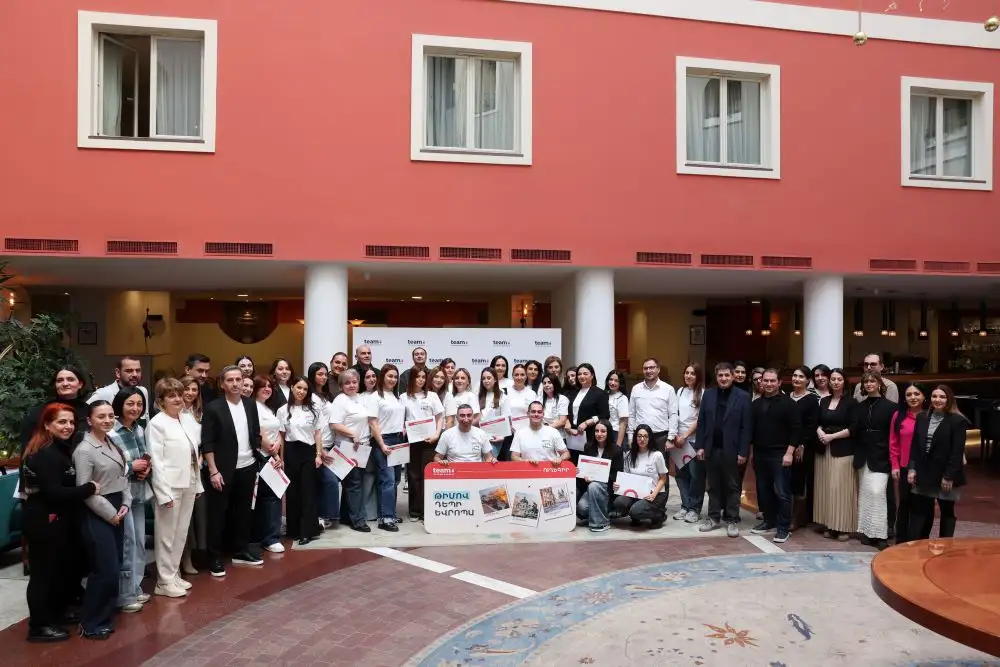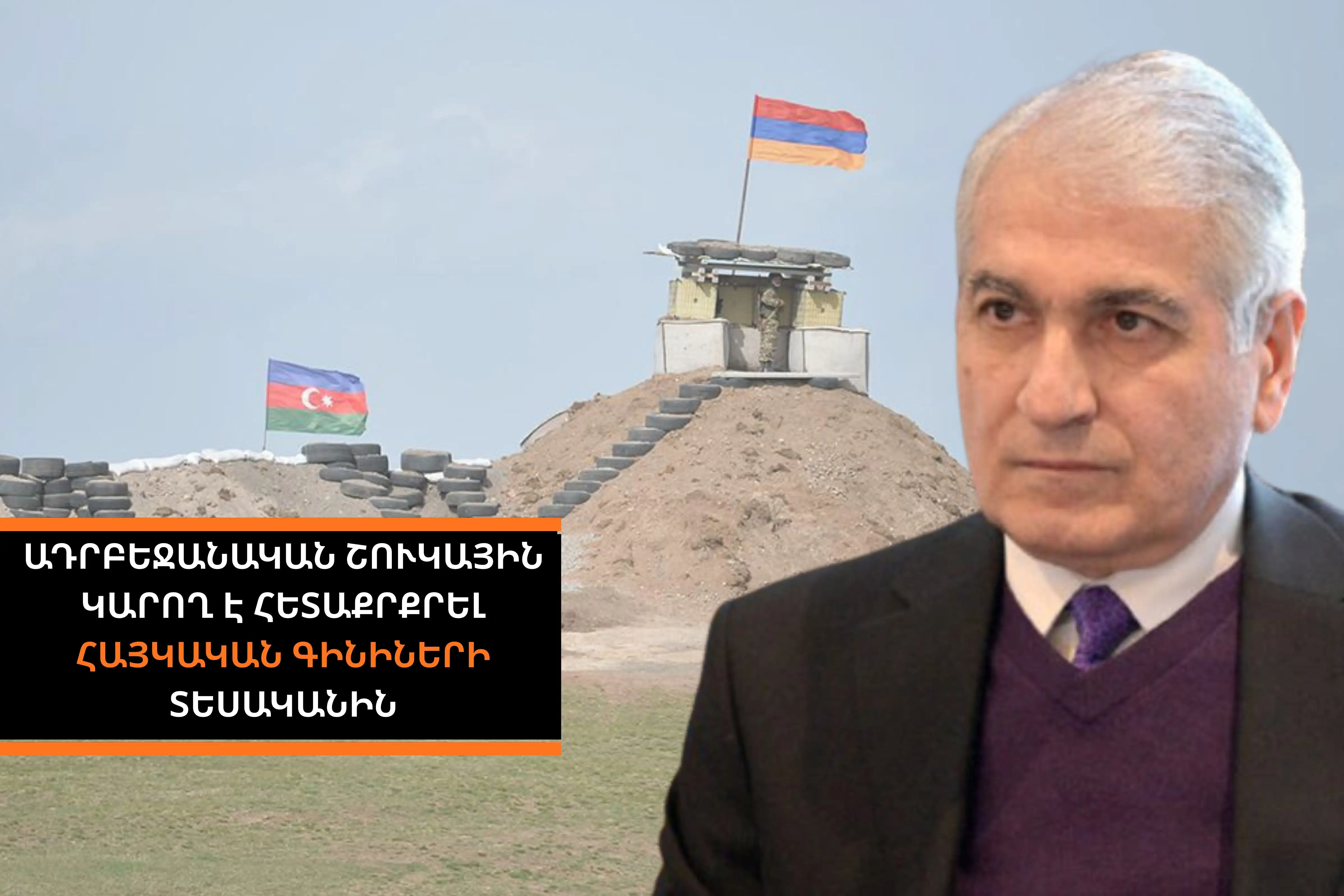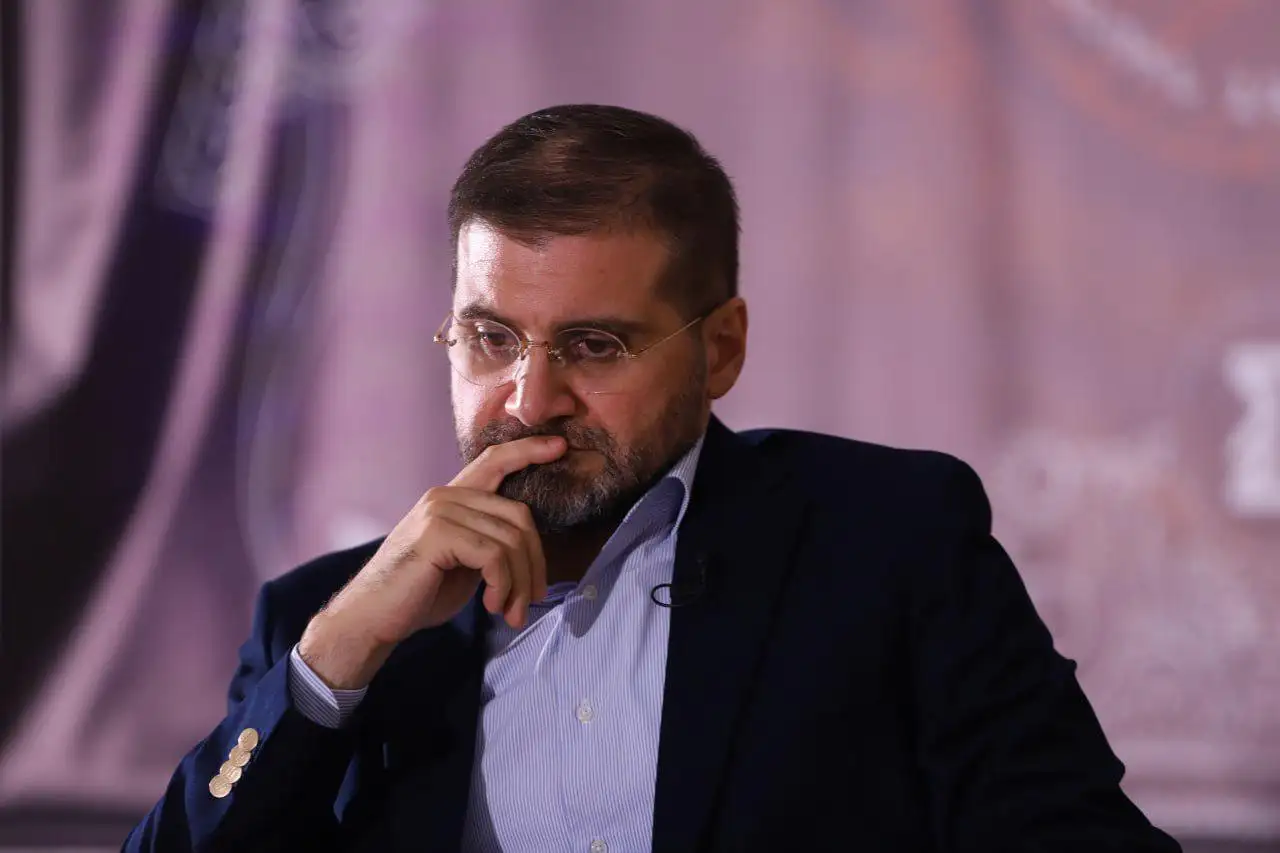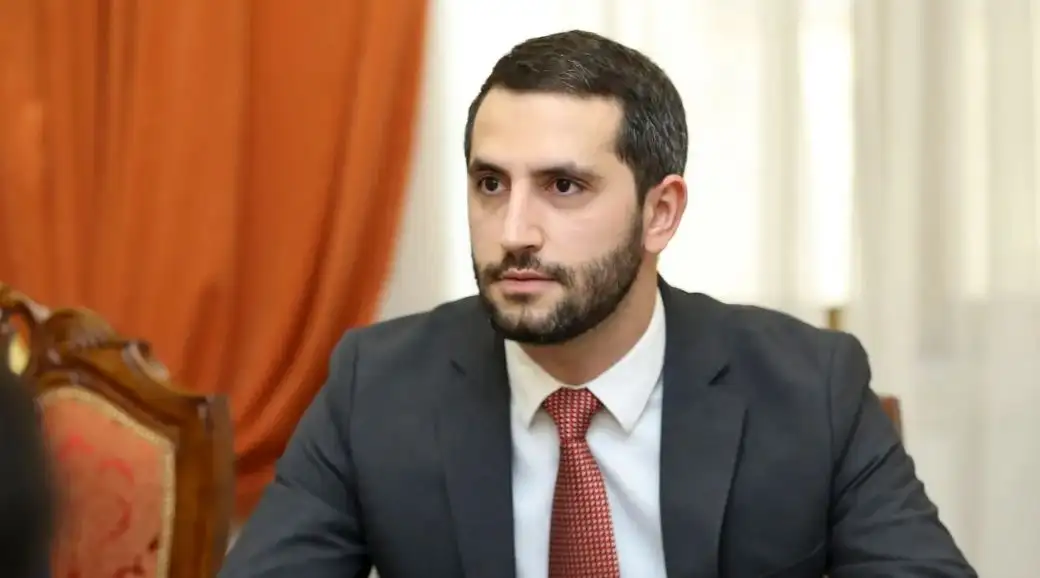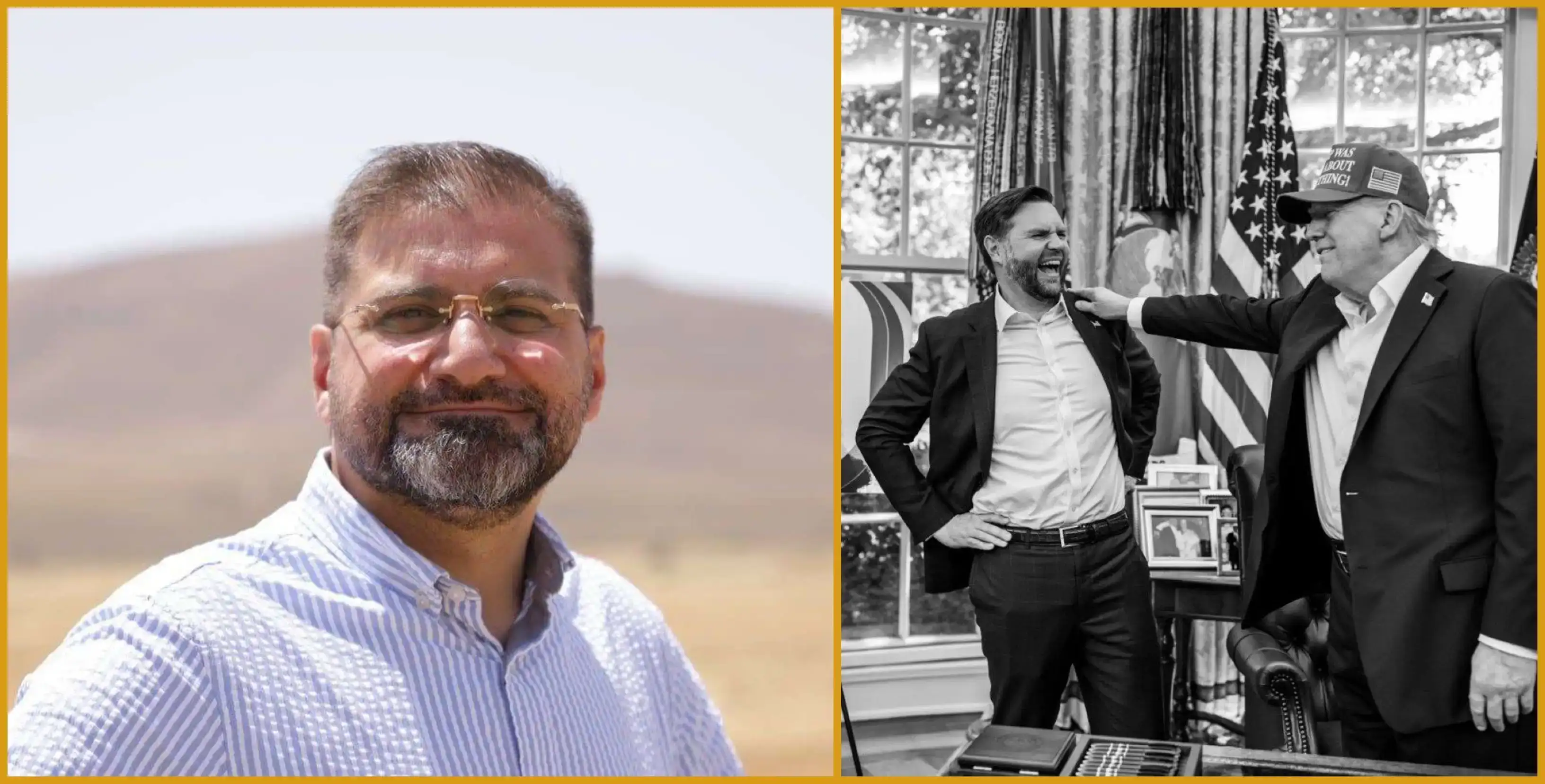"Le Monde" published an editorial article entitled "Azerbaijan's blockade of Nagorno-Karabakh must be stopped." Unlike the journalistic pieces published in the same periodical, the editorial paper presents the collective position of the given periodical about the facts and phenomena in question; it is published without mentioning the name of the specific author, on behalf of the editorial office, and usually on the first page.
Azerbaijan's blockade of Nagorno-Karabakh must be stopped.
Baku's closure of the only corridor connecting Nagorno-Karabakh to Armenia and the use of hunger as a weapon against thousands of Armenians is not only a colossal political mistake but also, above all, a challenge to the most basic rules of international law.
After the President of Azerbaijan decided to subject Nagorno-Karabakh to a blockade reminiscent of another era, every passing day increases the risk of a humanitarian disaster. Three years after his victory against Armenian forces, Ilham Aliyev seems determined to build on his success, aided by the inactivity of Russian game-keeping forces stationed in Nagorno-Karabakh following a ceasefire brokered by Moscow.
Nagorno-Karabakh, internationally recognized under the sovereignty of Azerbaijan but populated mainly by Armenians and enjoying de facto autonomy, has not seen a quiet period since the beginning of the collapse of the Soviet Union. 2020 At the cost of thousands of casualties on both sides, Baku's recapturing the buffer zones and capturing a part of the enclave itself did not lead to a "peace of the brave," but on the contrary.
The only road still connecting Nagorno-Karabakh to Armenia, the Lachin Corridor, has been at the center of tension since December 2022. After officially installing barriers under the pretext of security, Ilham Aliyev's regime decided in July to hermetically close the road, including to the International Committee of the Red Cross, the last international humanitarian organization with access to the enclave. More than 100 thousand Armenians live in these difficult conditions in Nagorno-Karabakh (Azerbaijan contests this number).
Without any sense of guilt, using the weapons of starvation and, among others, deprivation of medical supplies, Baku wants to force the Armenians of Nagorno-Karabakh to turn to it out of desperation. Instead of seeking the problematic path of coexistence in this conflict-ridden land, the Baku regime offers the Armenians of Nagorno-Karabakh an impossible deal: unconditional submission (while Armenians are hated in Azerbaijan) or exile.
The position of the President of Azerbaijan in such an uncompromising attitude is not only a huge political mistake, as a result of which the hatred increases tenfold instead of reducing. His blockade of Nagorno Karabakh is a challenge to the basic rules of international law. Ignoring the warnings issued by the International Court of Justice in February, Ilham Aliyev is facing serious charges.
International impotence
Luis Moreno Ocampo, the former prosecutor of the International Criminal Court, has already voiced the accusation, assuring in a report published in August that "genocide is being carried out against the 120,000 Armenians living in Nagorno-Karabakh." Baku considers the accusation unfounded, but the 1948 UN Convention clearly states that "the deliberate creation of vital conditions for any group, aimed at the total or partial physical destruction of its members, is considered genocide."
The threat's seriousness is even more deplorable by the impotence of the UN Security Council, which held a session on the issue on August 16 without making any decision. This impotence is all the more reprehensible because lifting the blockade of Nagorno-Karabakh is one of the few issues on which there is consensus in Moscow and Washington. Secretary of State Antony Blinken and his Russian counterpart Sergey Lavrov have been calling for the reopening of the Lachine Corridor in a similar fashion in recent months.
This international passivity or indifference has lasted too long. The reopening of the Lachine Corridor is a humanitarian obligation. Baku must understand that maintaining the blockade will only increase the instability from which the region has already suffered too much.









